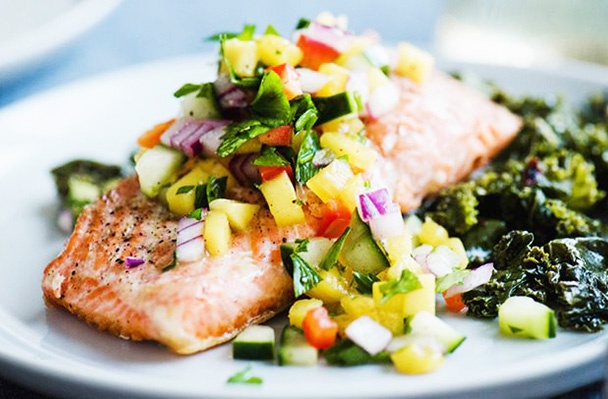Autoimmune diseases are often triggered when the immune system considers certain tissues that are present in our body as dangerous hence inflammation occurs. There are about 80 types of autoimmune diseases that are prevalent these days, with more still cropping up. Some examples of autoimmune diseases include rheumatoid arthritis which involves the joints, celiac disease that affects the gastrointestinal tract, and multiple sclerosis which targets the central nervous system.
Since autoimmune diseases involve inflammation in the body, it also means that certain types of food can contribute to the flare ups. Fortunately, you can correct this with the help of the autoimmune diet where you will need to reset your diet. During this diet, there are a few things that you need to keep in mind.
Start with the basics of paleo
When it comes to fighting autoimmune diet, you should eliminate grains, sugar, alcohol, gluten, and legumes. Gluten causes inflammation in the gut which is why you need to remove it from your diet especially when you have an autoimmune disease. Legumes as well as grains are not allowed because they are sources of lectins and phytic acid. Both alcohol and sugar do not have any nutritional value hence they do not play any part to your healthy diet.
Skip the eggs
Eggs may be good sources of proteins, but they are not recommended to those who have an autoimmune disease since the enzymes found in them can easily penetrate the gut lining and into the blood stream where they can stimulate the immune system further.
Keep your fruit intake down
Although eating fruits does have its benefits, when you have an autoimmune disease, you will need to keep your fruit consumption to 1 to 2 servings per day. This helps keep your blood sugar levels normal. Eating too much sugar, which is also present in fruits, may cause irritation in your gut which can cause inflammation to flare up.
Keep away from nuts as well as seeds
There are several diets that recommend nuts and seeds as part of their diet because they are good sources of protein and fatty acids. However, in the case of the autoimmune diet, these are exceptions to the rule. This is due to the ratio of omega-3 and omega-6 fatty acids not being optimal meaning that eating nuts, which are high in omega-6 fatty acids, can cause inflammation which is what you are trying to avoid.
Drink more water
You should also make it a point to drink adequate amounts of water in the day as this will help your organs to function properly, thus reducing inflammation. It also helps you to stay hydrated which is necessary to your overall health.
Tips on How to Start the Autoimmune Diet
The autoimmune diet doesn’t necessarily need to be followed for a long time, but it is designed to help you determine which foods cause a reaction in you. Once you have determined which ones should be eliminated from your diet, you can restart your diet.
How will you will be able to start the autoimmune diet? You can try the 4R approach that includes:
Remove
Remove all known gut irritants as well as toxins from your diet such as sugar, alcohol, gluten, and the like.
Replace
You should replace these food types with healthier options such as fermented foods and broth, or any of those that are included in the paleo diet.
Repair
It is important to include supplements or food sources that have nutrients such as vitamins A, C, D, an E as well as omega-3 fatty acids just to name a few.
Restore
After you have completed the autoimmune diet, and have discovered your triggers, you will now be able to restart and restore your diet with a few changes.
